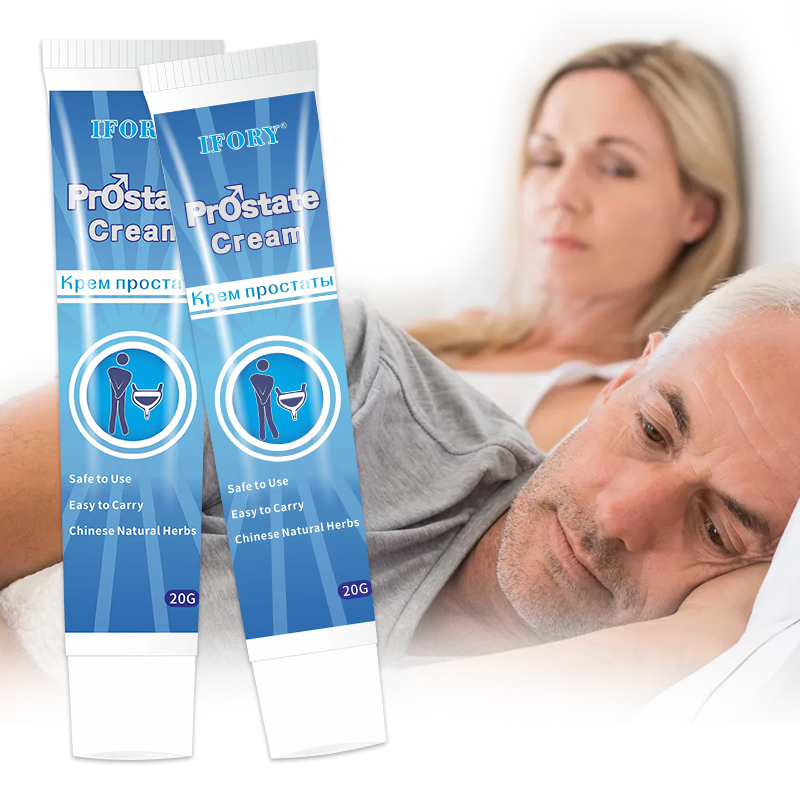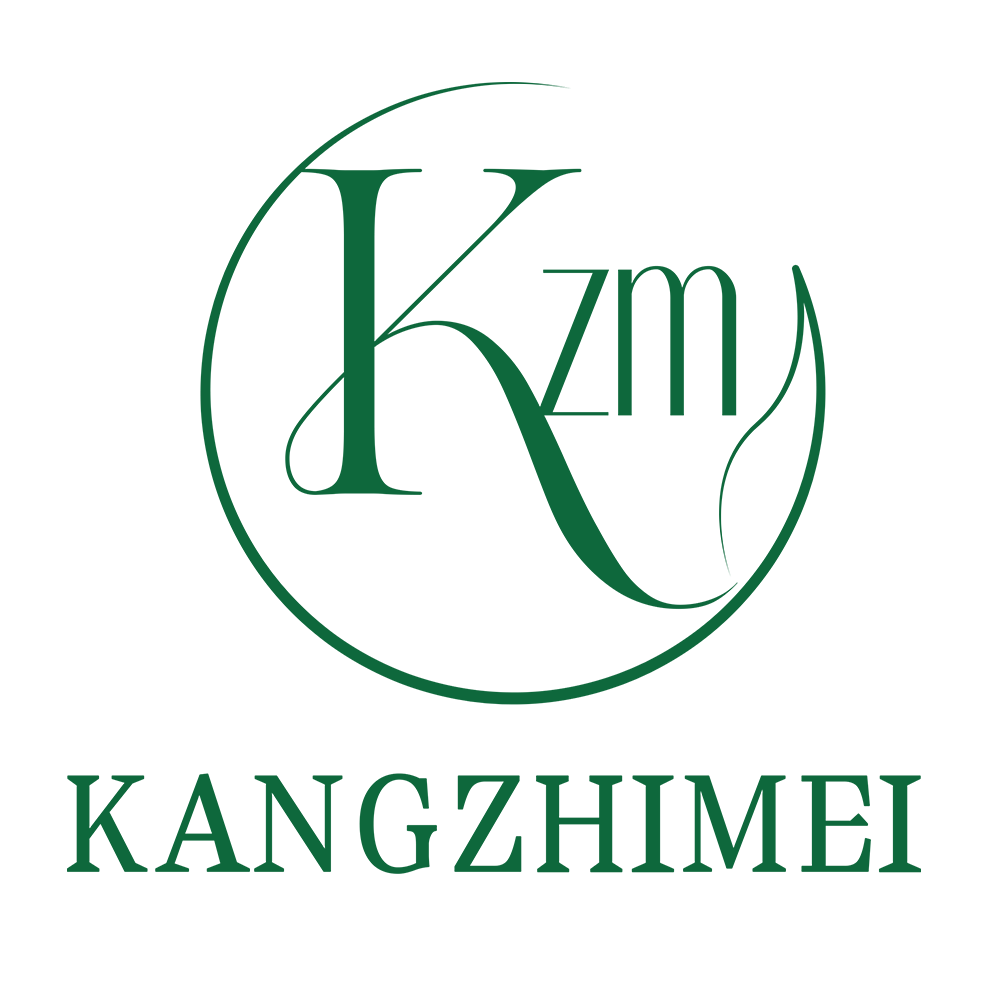The aging global population has driven significant growth in specialized healthcare products, particularly those addressing men’s health concerns. Among these innovations, the modern prostate cream manufacturing sector has emerged as a critical component of the healthcare industry.
At the forefront of this sector is the Sterling Medical Manufacturing facility, which has revolutionized the production of topical prostate health products. The 120,000-square-foot facility employs state-of-the-art technology to ensure both quality and efficiency in its manufacturing processes.
“Our priority is maintaining pharmaceutical-grade standards while scaling production to meet growing demand,” explains Dr. Sarah Chen, Sterling’s Chief Production Officer. “Every batch undergoes rigorous testing at multiple stages.”

The manufacturing process begins in the research and development laboratories, where pharmacists and chemists formulate creams using clinically-tested active ingredients. These formulations are then transferred to the main production floor, where automated mixing vessels ensure precise consistency and sterility.
Quality control represents nearly 30% of the facility’s operational budget. Advanced spectrometry and chromatography equipment verify the purity and concentration of active ingredients, while microbiological testing ensures products remain free from contamination.
The facility has also made significant strides in sustainability. A closed-loop water system recycles 85% of water used in production processes, and solar panels provide approximately 40% of the facility’s electricity needs.
“We’ve implemented these eco-friendly measures not just for environmental reasons, but also because they improve our bottom line,” notes Chen. “Sustainability and profitability aren’t mutually exclusive in modern pharmaceutical manufacturing.”
With an aging population and increased awareness of prostate health, facilities like Sterling’s are positioned for continued growth. Industry analysts project the prostate health product market to expand by 7.8% annually over the next decade, with topical creams representing a significant segment of this growth.






